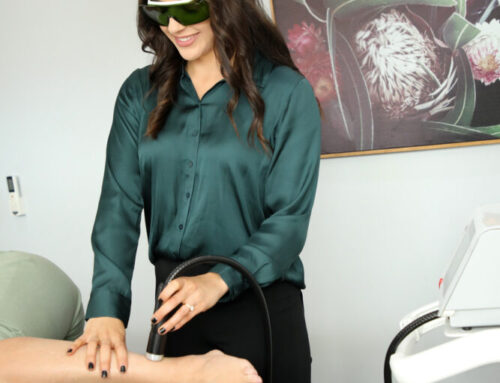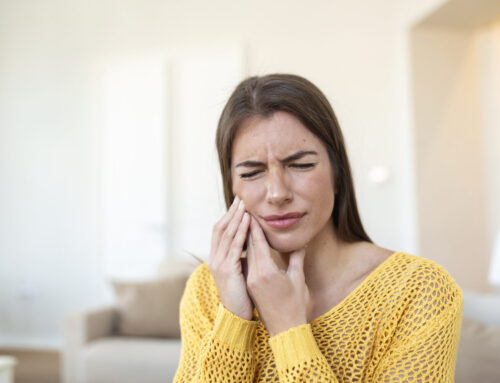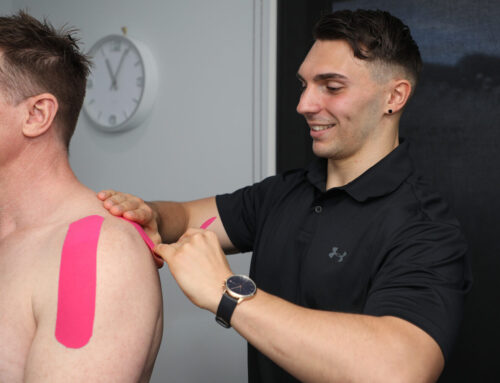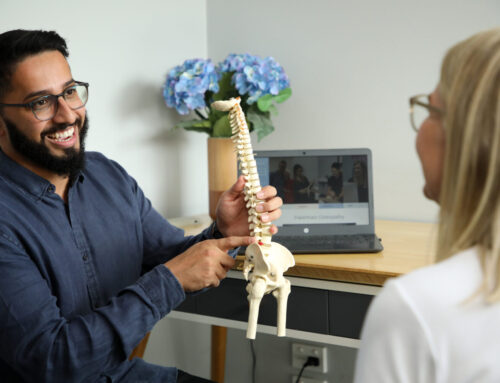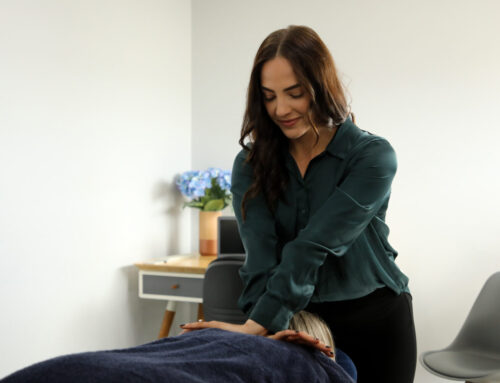Caffeine is very common worldwide, used and praised for boosting alternativeness and energy levels. However, not many people understand how caffeine can affect your body and brain. This blog will detail further information on caffeine, what it is, and the risk and benefits associated with caffeine.

Photo by Natanja Grün on Unsplash
What is Caffeine and How Much Should We Consume?
Caffeine is a natural stimulant that works in increasing energy levels by blocking a specific neurotransmitter to the brain which is responsible for making us feel tired. When this happens there is also an increase in other neurotransmitters to the brain which help with increasing our mood, focus, memory and energy. However its effects on an individuals differs. It can be dependent on your weight, height, general health, amount that you eat or drink, genetic factors, whether you regularly have caffeine or your mood at the time.
The healthy recommended amount of caffeine daily for an adult is 400mg, this is the amount of 2 espresso, 4 instant coffees, or 8 teas. It is also usually recommended to have caffeine in a serving of 200mg each.
This amount is less for anyone who is pregnant or older individuals at around 200mg daily as the effects of caffeine stays active for longer in these individuals. The recommendation for kids and children is less than 3mg for each kg of body weight per day as the effects of caffeine are stronger due to their lower body weight and age.
When Is the Best Time To Have Caffeine?
The best time to have caffeine is usually around 60-90mins after waking. This is because your hormone cortisol (your natural hormone alertness aid) peaks shortly after waking and having caffeine during this time may decrease its natural benefits. Experts have also suggested that having caffeine between 9:30-11:30am and 1:30-5pm is the best time window to receive the maximum benefits of caffeine, decreasing risks of anxiety and jitters.
What Are The Benefits of Caffeine?

Photo by Gursimrat Ganda on Unsplash
During this time window cortisol will usually decrease and caffeine will be most effective giving you short term effects such as:
- Increase alertness and concentration – Caffeine helps you stay awake and more focused by stimulating the central nervous system
- Enhanced physical performance – Caffeine can increase adrenaline levels and help release fatty acids stored in fat tissue
- Mood booster -Some studies suggest caffeine may improve mood and even reduce the risk of depression in some individuals. Its effect on dopamine (a “feel good” neurotransmitter)
- Possible protection against certain disease – Moderate coffee consumption has been linked to a lower risk of certain diseases like Parkinson’s, Alzheimer’s, Type 2 Diabetes, and even stroke. However, these associations are still being studied, and other lifestyle factors play a role.
Are There Any Negative Effects of Consuming Caffeine?
While caffeine has clear benefits, there are some negatives to consuming too much or sensitivity can lead to:
- Anxiety and restlessness – Caffeine can overstimulate the nervous system, especially in people who are sensitive or who consume it in large amounts. Symptoms can include jitteriness, anxiety, and a racing heart.
- Sleep disturbances – It is important to avoid consuming caffeine after 2pm as it can disrupt sleep quality. Caffeine has a half-life of about 5–6 hours, which means it can linger in your system well into the evening. Drinking it late in the day can interfere with falling asleep or staying asleep.
- Dependence and withdrawal – Regular use can lead to physical dependence. While not as severe as other substances, caffeine withdrawal can cause headaches, irritability, fatigue, and difficulty concentrating.
- Digestive issues – For some people, caffeine may cause stomach upset, acid reflux, or increased bowel movements
Whilst caffeine can give you a pep in your step, there are certain amounts and time frames that work best. Like anh stimulant however, it is not without its drawbacks for some individuals. If you have any questions about this blog or caffeine intake in general, please reach out to me directly on alessia@pakenhamosteopathy.com.au
